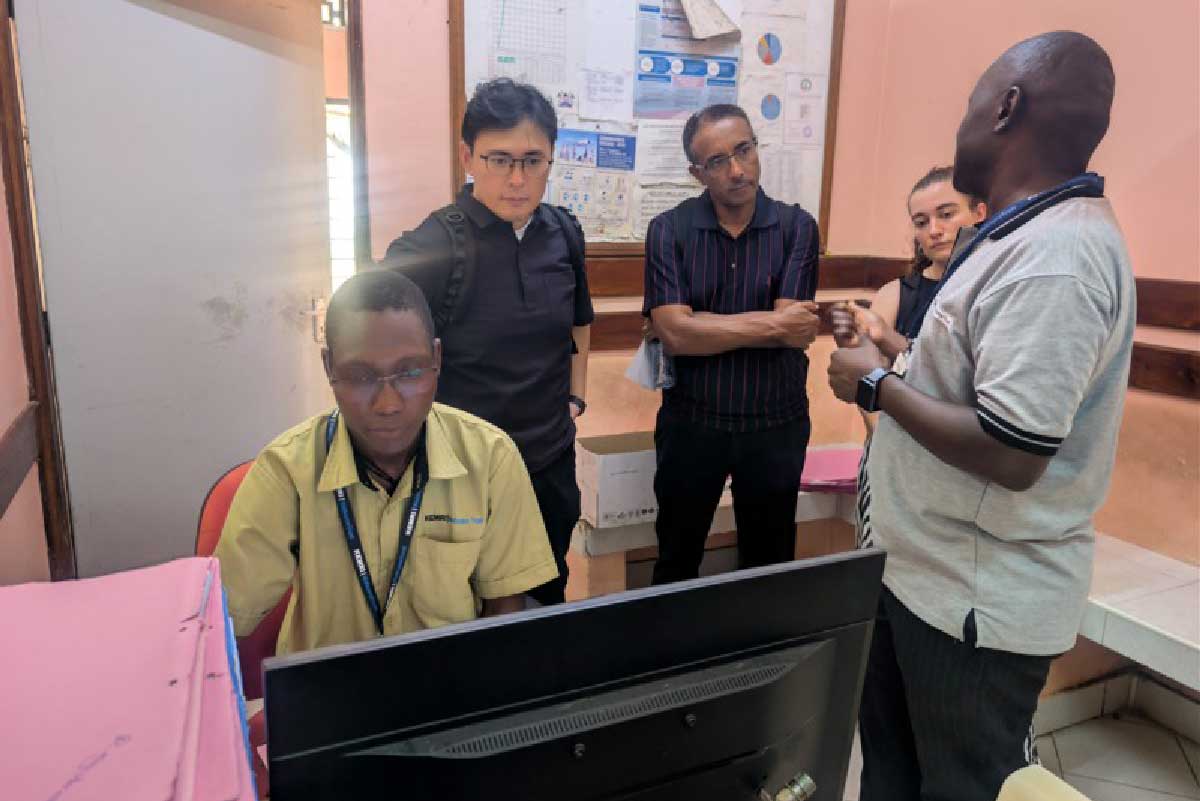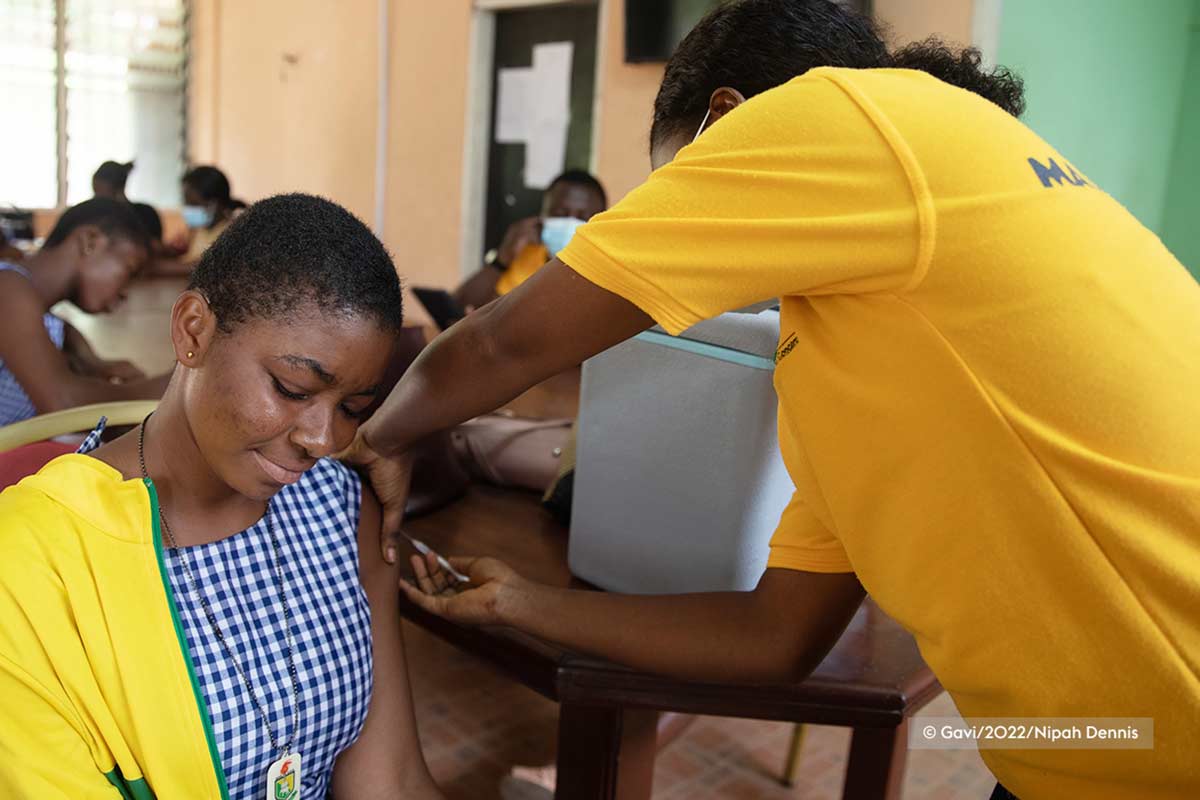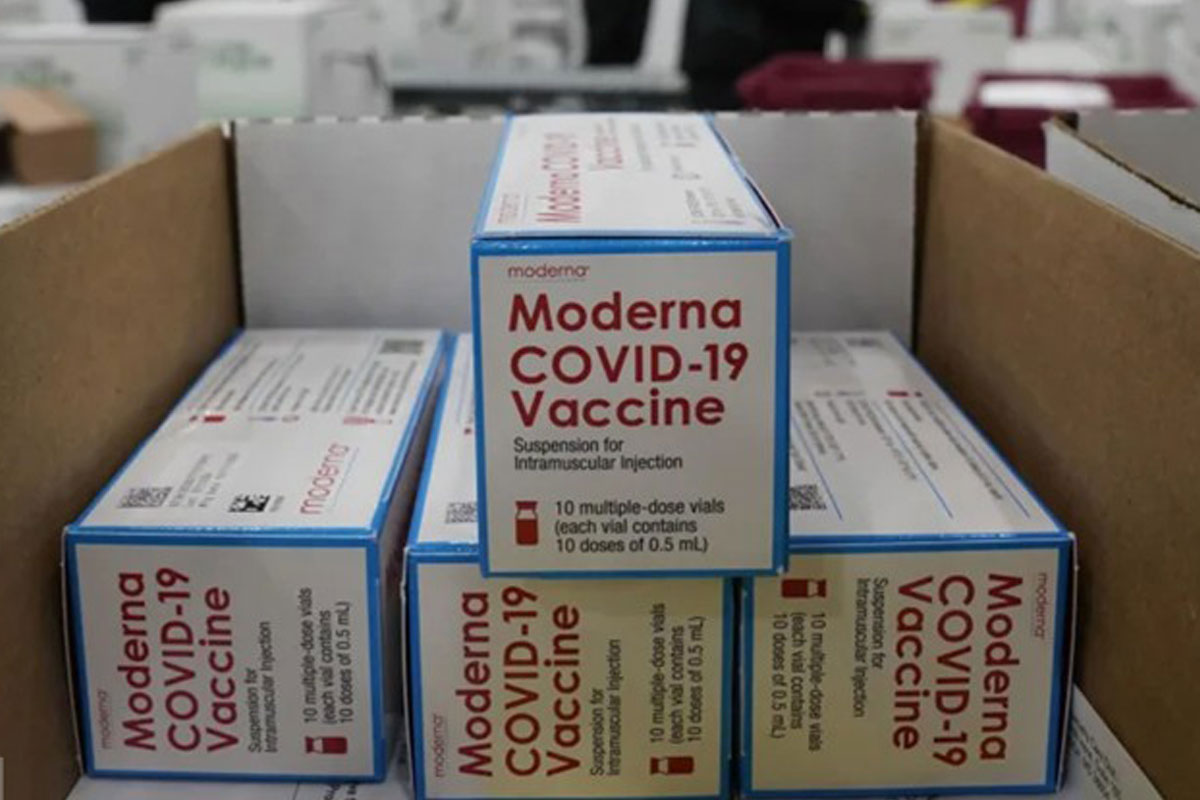How to succeed as a woman in science
From the best and worst career advice to the most influential role models, CEPI’s women scientists share their experiences…
- 8 March 2023
- 5 min read
- by CEPI
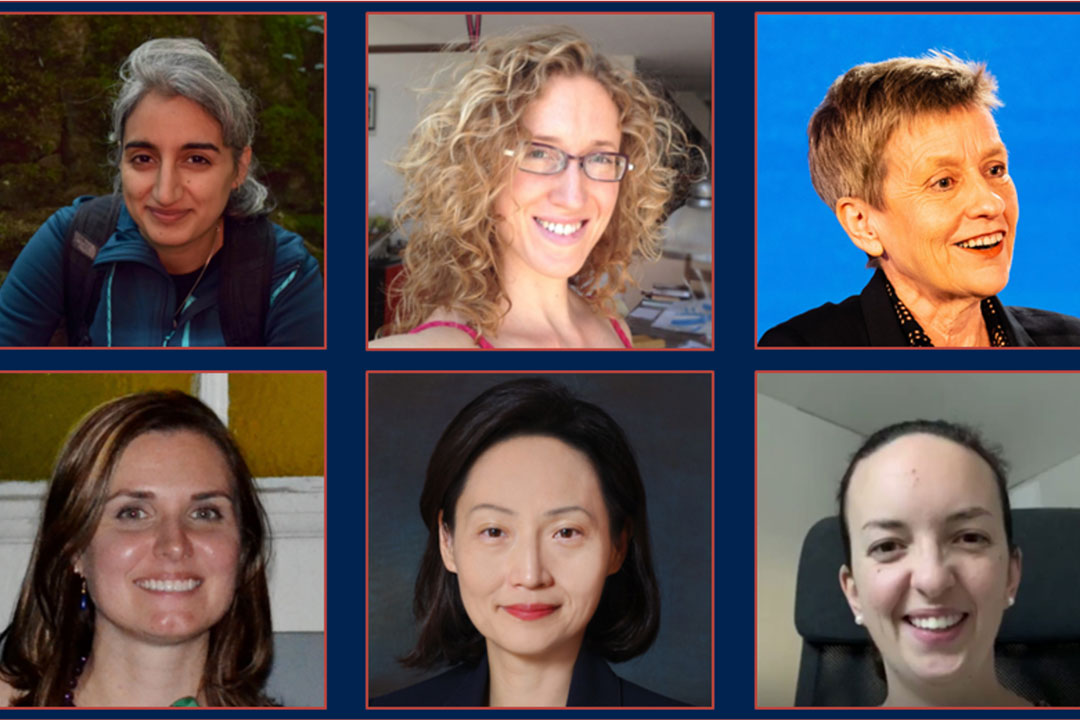
Last month we launched our #AskWomenInScience campaign on International Day of Women and Girls in Science. Its aim is to spotlight the crucial role of women in science, support aspiring girl and women scientists, and advocate for greater gender equality.
We invited readers/our audience to submit questions via social media about what it’s like being a woman at the cutting edge of vaccine science. As part of a three-part series to mark International Women’s Day 2023, the women scientists at the Coalition for Epidemic Preparedness Innovations (CEPI) are sharing their responses.
In this post, Part One, we explore the career experiences of CEPI’s women scientists, from the best and worst career advice to the role models they have described as being most influential. In Part Two, we discuss the greatest challenges and barriers they have faced in their scientific careers. And in Part Three, our women scientists look at the biggest opportunities for aspiring girl and women scientists and highlight what changes are needed at a systemic level to attract more women into science.
Questions and responses have been edited for brevity and clarity.
Did you have a role model that influenced your decision to work in science?
Melanie Saville (Executive Director of Vaccine R&D): I was working in a hospital as a nursery nurse; it was in an oncology ward for paediatric oncology. And there was a researcher, a woman researcher, who was just amazing with these very, very sick children. And that really inspired me to move into science.
Valentina Bernasconi (Head of Laboratory Science): My first role model was a marine biologist I met during a family trip to an island in the Pacific Ocean. I got so passionate about the job he was doing that I really wanted to become a marine biologist when I grew up. But that dream evolved during high school, and my biology teacher got me interested in human biology, and I ended up enrolling in medical biotechnologies studies.
June Kim (Chemistry Manufacture and Controls Lead): From an early age, my father encouraged me to pursue science and engineering. I attended a girls’ high school in Seoul and the advice I received for college applications was to become a science teacher or nurse, as these are considered “typical girls’ careers.” I didn’t particularly like the advice and decided to surprise my teachers by applying for chemical engineering major.
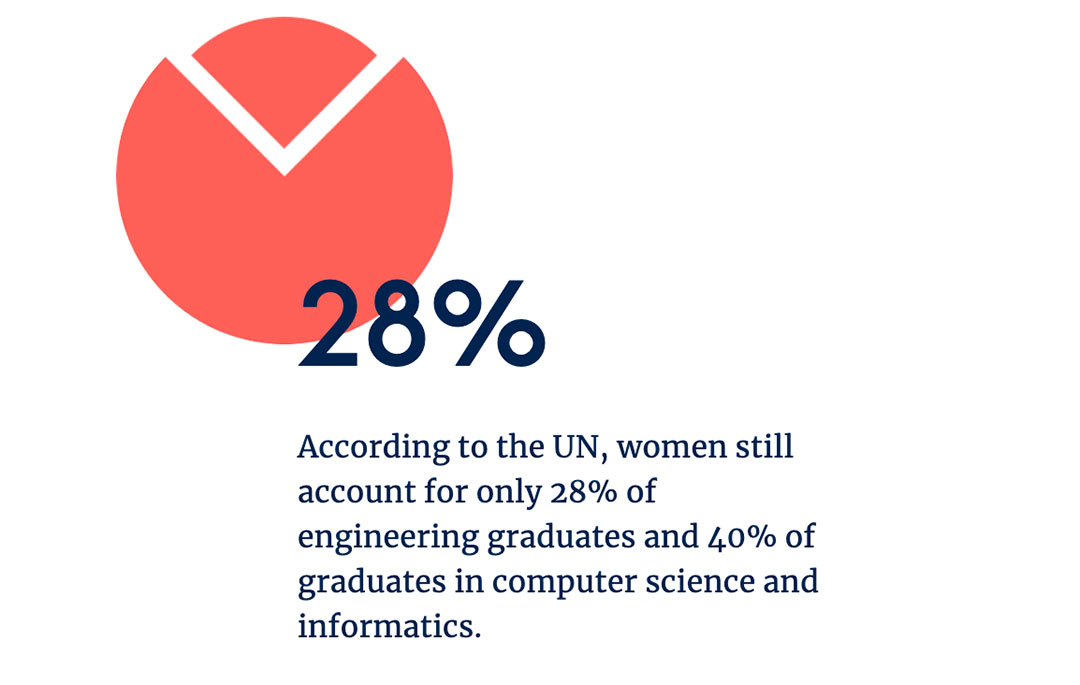
What has been the best and the worst career advice you have received?
Amy Shurtleff (Head of Animal Models): It has been said many times that if problems in science and medicine were easy to solve, we would have all the answers already. So, we just accept that the work we do is slow, methodical, incremental and rewardingly challenging. This is where I draw inspiration to not give up. Any advice I’ve ever gotten telling me where to work/not work or with whom to work/not work has just been noise. Everyone should forge their own opportunities based on their interests. Places and personalities are elements that each person can uniquely approach for success or failure.
Have you read?
June Kim: The best advice came from one of my mentors – “Don’t get comfortable. Challenge yourself and learn something new every day.” I can say there has always been something new to learn, even from mundane work. The worst advice in general, I think, is about office politics. Of course, politics could help to propel career growth, but I believe being passionate, kind and humorous goes a long way in any career.
Renske Hesselink (Chemistry, Manufacturing, and Controls Lead): Best advice: Do not be afraid to change direction and try something new. Even if it doesn’t immediately work out, in the end, you will find your place. Worst advice: Many organisations focus a lot on your weaknesses, implying that you need to change and be someone different in order to advance. While, of course, you can learn and improve, it is mostly important to find an environment where you are appreciated for who you are.
The best advice came from one of my mentors - “Don’t get comfortable. Challenge yourself and learn something new every day.
June Kim, Chemistry Manufacture and Controls Lead
Did you have a career plan? If so, when did you make that plan? And did it change along the way?
Arminder Deol (Head of Data Science and Advanced Analysis): I had so many careers in mind when I was a child: from an astronaut to an explorer and from a detective to a doctor. But by my mid-teens, I became fixated on a career in biochemistry. Midway through my degree, I realised I was terrible in the lab, and I wanted to work at the human population level rather than the molecular level. So, I decided that I needed to have a think about what career ideas could work for me. I then discovered a subject that would combine quite a few of my childhood visions of being a Detective Explorer, helping people, and a scientist. That subject was epidemiology, and I haven’t looked back since.
Click here to learn about the biggest challenges our women scientists have faced.
What changes are needed at a systemic level to attract more women into science? Read more from our women scientists here.
Website
This article was first published by CEPI on 7 March 2023.
